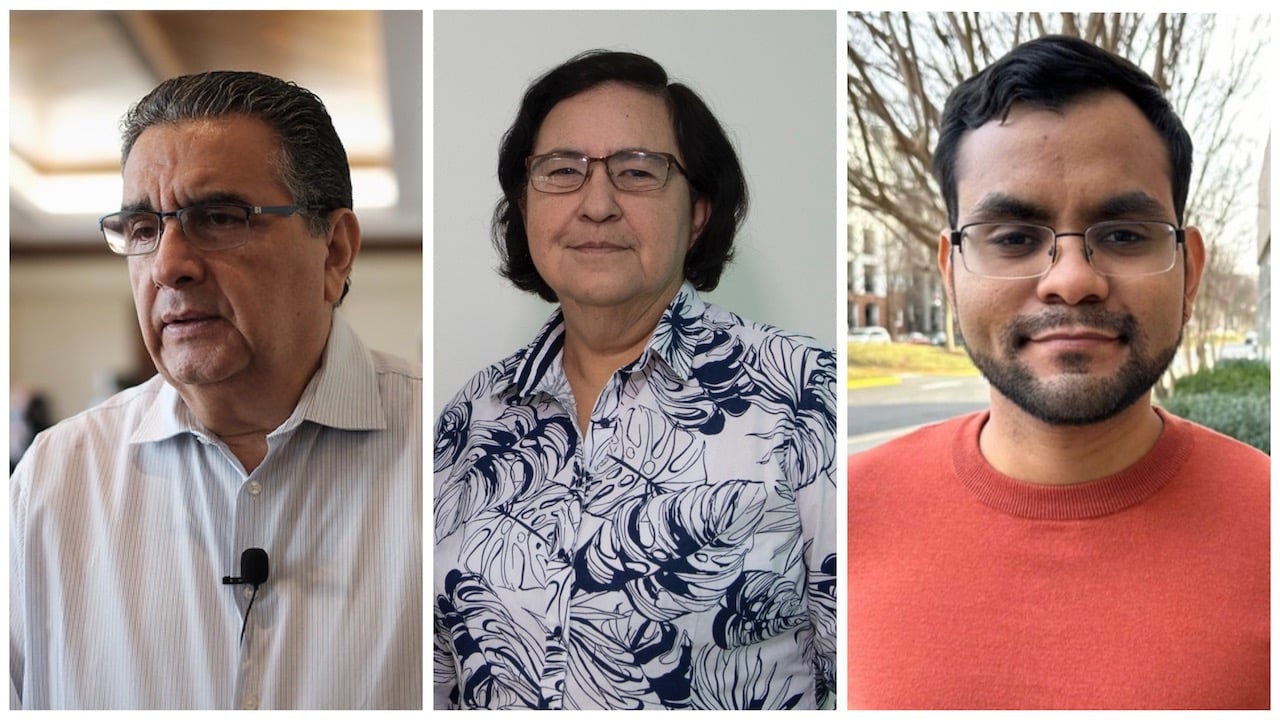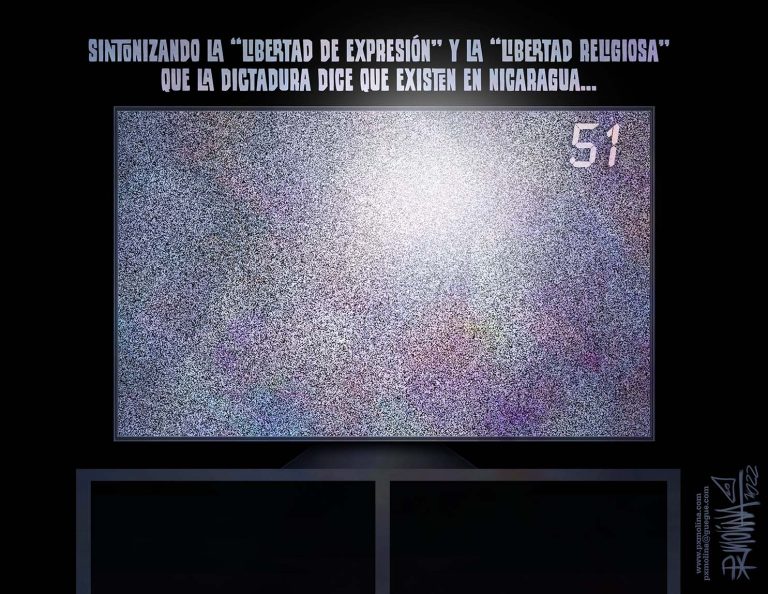7 de agosto 2022

Dialogue and Elections: “The Peaceful Way Out of the Dictatorship”

PUBLICIDAD 1M
PUBLICIDAD 4D
PUBLICIDAD 5D
The Inter American Press Association called on the international community not to abandon pressures for freedom of the press and democracy in Nicaragua

On Thursday the European Union (EU) condemned the “arbitrary closure” of Catholic radio stations and other community media in Nicaragua, as well as the use of “excessive police force” to occupy the facilities.
Between Monday and Tuesday, the dictatorship of Daniel Ortega and Rosario Murillo canceled eleven local stations, through the Nicaraguan Institute of Telecommunications (Telcor), ten belonging to the Diocese of Matagalpa — led by Bishop Rolando José Álvarez, one of the president’s strongest critics — and the independent Radio Vos. In addition, they took off the air the local channel RB3, El Canal de la Zona Lactea, whose programming was broadcast through subscription television.
In a statement released by its office in Managua, the EU said that the cancellations constitute “another violation of freedom of expression and freedom of religion or belief.”
The EU recalled that “since 2018, the Nicaraguan government has unleashed unprecedented levels of violence against its own people, resorting to murders, forced disappearances, imprisonment, harassment and intimidation against political opponents, journalists, human rights defenders, religious and other leaders.”
Since Monday night, Nicaraguan police forcibly entered the Divina Misericordia parish in Sébaco in order to appropriate the equipment of one of the Catholic stations closed by the authorities.
Police officers have occupied the church, and inside a dormitory the priest Uriel Vallejos is held up along with six parishioners.
The Inter-American Commission on Human Rights (IACHR) and the Office of the Special Rapporteur for Freedom of Expression (RELE) condemned “the arbitrary closure” of Catholic radio stations, as well as the violent entry of police into the parish.
The IACHR and RELE asked the State of Nicaragua to “cease the constant attacks against the Catholic Church” and “refrain from using its powers in the field of telecommunications as a way to limit or prevent the circulation of information, ideas, and opinions.”
The Inter American Press Association (IAPA) denounced that the closure of local media is “part of a campaign that aims to eliminate all vestiges of an independent press.”
“With a single blow, the Nicaraguan government created a new information desert in the interior of the country, where the closed stations had provided valuable community service to thousands of people,” said Jorge Canahuati, president of the IAPA.
The chairman of IAPA’s Committee on Freedom of the Press and Information, Carlos Jornet, said, “the police resorted to excessive use of violence against the closed stations, which indicates the high degree of impunity enjoyed by the Nicaraguan authorities in the most remote regions of the country.”
“The Ortega government is no longer only an enemy of press freedom, but also now seems to suppress freedom of worship and thought in Nicaragua,” said Jornet, editor of the Argentine newspaper La Voz del Interior.
IAPA called on the international community not to abandon pressures for freedom of the press and democracy in Nicaragua.
In April, IAPA and 26 regional and international press organizations released the Declaration of Nicaragua, which calls on multilateral organizations and governments to adopt concrete actions to “force the Government of Nicaragua to stop human rights violations, violations of press freedom, and restore democracy.”
“Currently, Nicaragua has more than 180 political prisoners, imprisoned without respect for the Nicaraguan Constitution, criminal law and due process,” Jorge Canahuati added.
Likewise, the agency highlighted the closure of “more than 1200 civil society organizations, without adequate justification,” so far in 2022.
“As a result, thousands of Nicaraguans from the most vulnerable sectors have been left without assistance,” he warned.
The EU urged Nicaraguan authorities to cease “all repression and restore full respect for all human rights,” and made an “urgent call on the Nicaraguan government to immediately and unconditionally release all political prisoners and annul all judicial proceedings against them, including their convictions.”
The EU has applied sanctions to Ortega’s relatives, including Vice President Murillo, and several of her children, as well as to officials in his government accused of human rights violations.
This article was originally published in Spanish in Confidencial and translated by Havana Times
PUBLICIDAD 3M
Agencia de noticias internacional con sede en Madrid, España. Fundada en Burgos durante la guerra civil española en enero de 1939.
PUBLICIDAD 3D